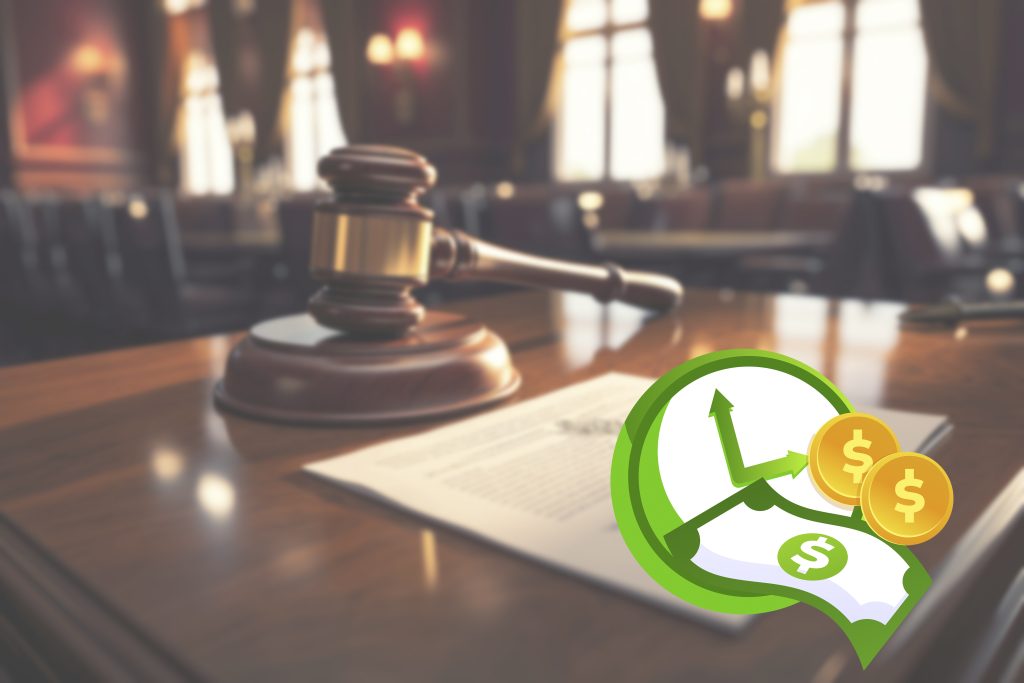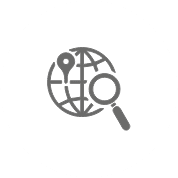Professional Legal Translation Services
Providing fast, accurate, certified legal translation services for all your legal documents in more than 185 languages.
Professional, Human, Certified Legal Translation Services
With over two decades of professional experience, bayantech has established itself as a trusted partner for complex legal translation projects. Our ISO certified translation services bring people, processes, and technology together in the right balance to provide efficient, fast, and accurate legal translations in over 185 languages.
We understand that when it comes to legal translation, clarity, accuracy, and confidentiality are non-negotiable. This is exactly what you can expect from bayantech. Our team of professional legal translators are domain experts with extensive experience translating legal content in your target language.

Say goodbye to the hassle of working with unreliable freelance translators who struggle to handle complex documents. bayantech’s online legal document translation services make legal translations easy and fast. Simply request a free quote today, and our team will promptly send you an estimated cost. Once you give us the green light, our language professionals will work diligently to ensure your translations are delivered on time and with the highest level of quality.
bayantech Legal Translation Services: Trusted Expertise for Your Critical Documents
Legal translation is a field known for its complexity and sensitive nature. Dealing with legal document translations requires paying attention to details. High-quality legal translations mean accurate and consistent translations that are 100% free of any errors, confusion, vagueness, or unintelligibility.
At bayantech, our qualified project managers take care of your legal translation projects with the utmost professionalism and precision. Our team of native-speaking legal translators and domain experts are well-versed in legal terminology and the obligations of legal systems across various jurisdictions.

We understand that different industries require legal translations, and each sector has its unique terminology and regulatory framework. Our legal translation services are designed to meet the specific needs of various organizations, from law firms to real estate companies and manufacturing businesses. We customize our services to ensure that you receive translations that are clear, precise, and fully compliant with your industry-specific requirements.

Comprehensive Translation Services for Legal Documents
As a full-service legal translation agency, bayantech provides top-quality legal document translation services for a wide range of legal content in various language pairs. Whether you require the translation of contracts, legal agreements, court documents, patents, or any other legal material, bayantech is your trusted partner. Our expertise in legal documents includes:

Contracts

Licenses &
Permits

Patents

Corporate Documents

Trademarks &
Copyrights

Translation Services
What Makes bayantech Different?

Professional Services

+15 Years of Experience

Flexible Turnarounds Timely Delivery

Certified Quality Assurance

24/7
Support

100% Quality Guarantee

Affordable
Rates

Complete
Security

Customer Satisfaction

Technological Advantage


Maintaining Quality at Every Stage: Our Robust Quality Control Process
At bayantech, our legal translation services adhere to the ISO 9001:2015 and ISO 17100:2015 quality management standards. These internationally recognized standards mean we maintain the highest levels of quality requirements throughout the translation process. These certifications guarantee that your translations are flawless and faithful to the original source material.

To achieve the highest level of accuracy and consistency, we also have implemented strict quality control processes. Our team follows a three-step TEP (Translation, Editing, Proofreading) process, performed by three individual linguists to leave no room for errors.
Furthermore, your translations undergo multiple rounds of linguistic and technical reviews by native linguists with deep legal knowledge. This comprehensive approach allows us to identify and resolve any misinterpretations or inconsistencies. With this professional quality assurance system in place, you can be confident that your legal translations will meet all industry standards.
Fast, Technology-Driven, Cost-Effective Legal Document Translation Services
We understand the strict deadlines and accuracy requirements that are critical in the legal field. At bayantech, we combine our human expertise with advanced translation technologies to deliver high-quality, budget-friendly legal translations with quick turnaround times.
To maintain effective and efficient terminology management, we use Translation Memory (TM) tools. This allows our clients to reuse previous translations from past projects for repeated segments. This means translators won’t have to translate everything from scratch.

Using TM technology not only speeds up the translation process but it also reduces translation costs and improves consistency across documents. Additionally, our translators use CAT tools and automated QA checks to maximize the quality of translations.

Committed to Protecting Your Confidential Information
We understand that legal documents often contain highly sensitive and confidential information. At bayantech, we prioritize your data security and confidentiality. We adhere to strict data protection protocols and treat your confidential information with the same level of care and attention as we do the quality of our translations.
To maintain the privacy of your project information, all translators sign legally binding Non-Disclosure Agreements (NDAs). Furthermore, we use secure communication channels to ensure safe data sharing, handling, and delivery and give you peace of mind that your data is protected at all times.
Professional Translation Services for All Industries
bayantech offers innovative translation and localization services across a range of industries.
Languages we translate into
We help you expand your business with our professional language translation service,
supporting the most challenging languages.









Our Achievements Languages



Need Instant Help
we are here for you
Ready to Start?
we will quickly back to you
- Lets Keep in Touch
industry news and statistics



















